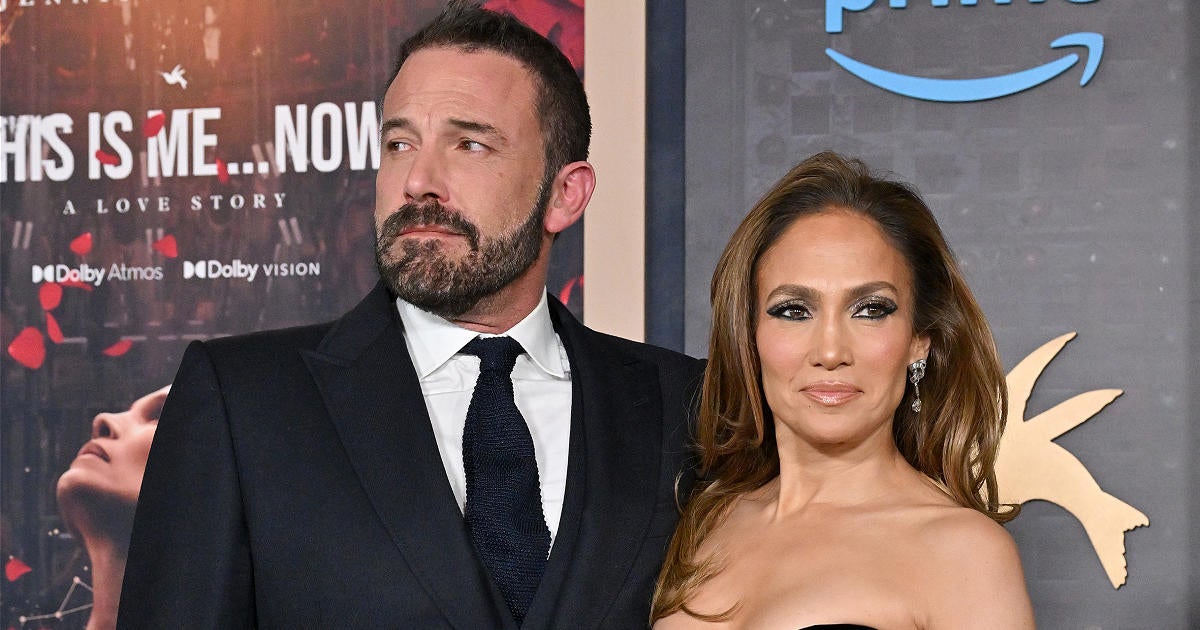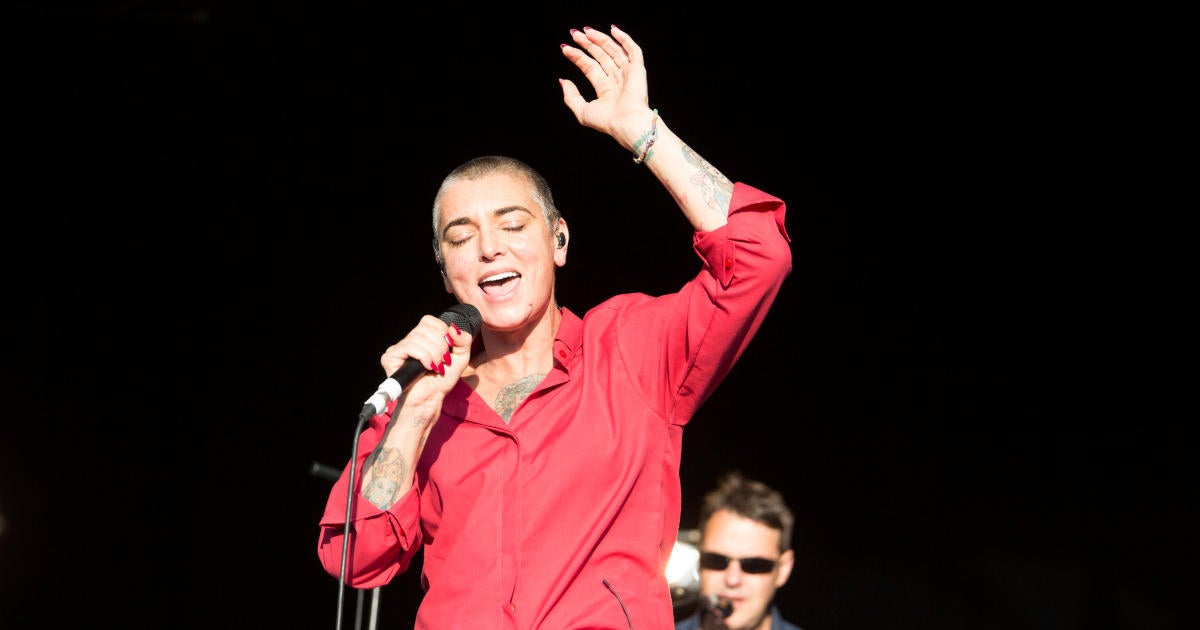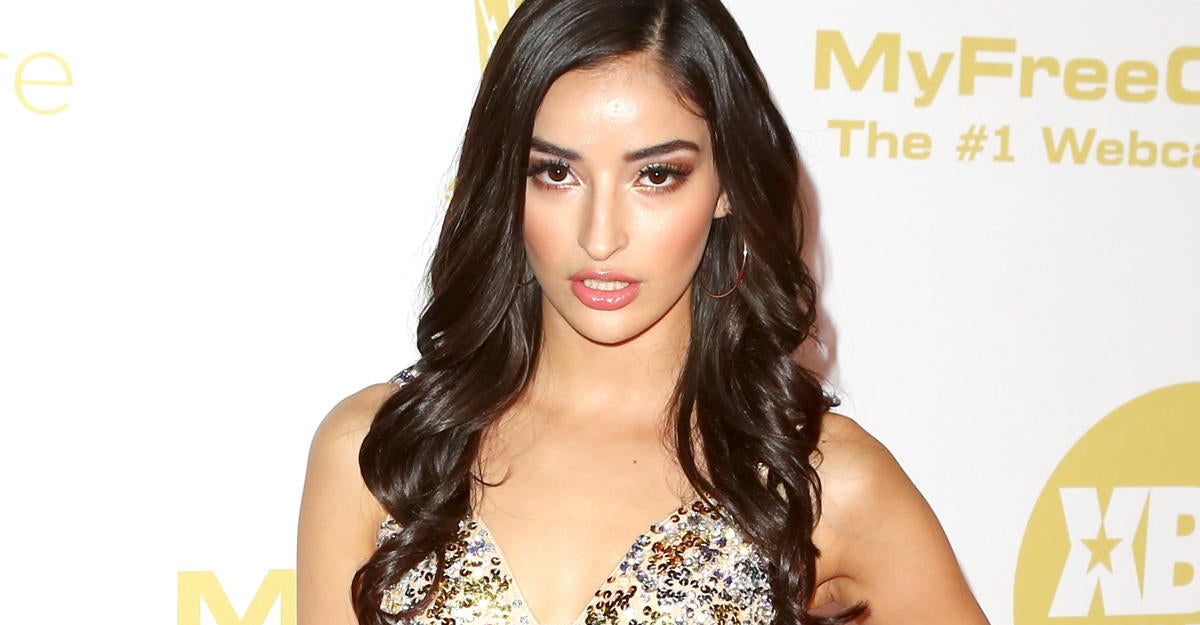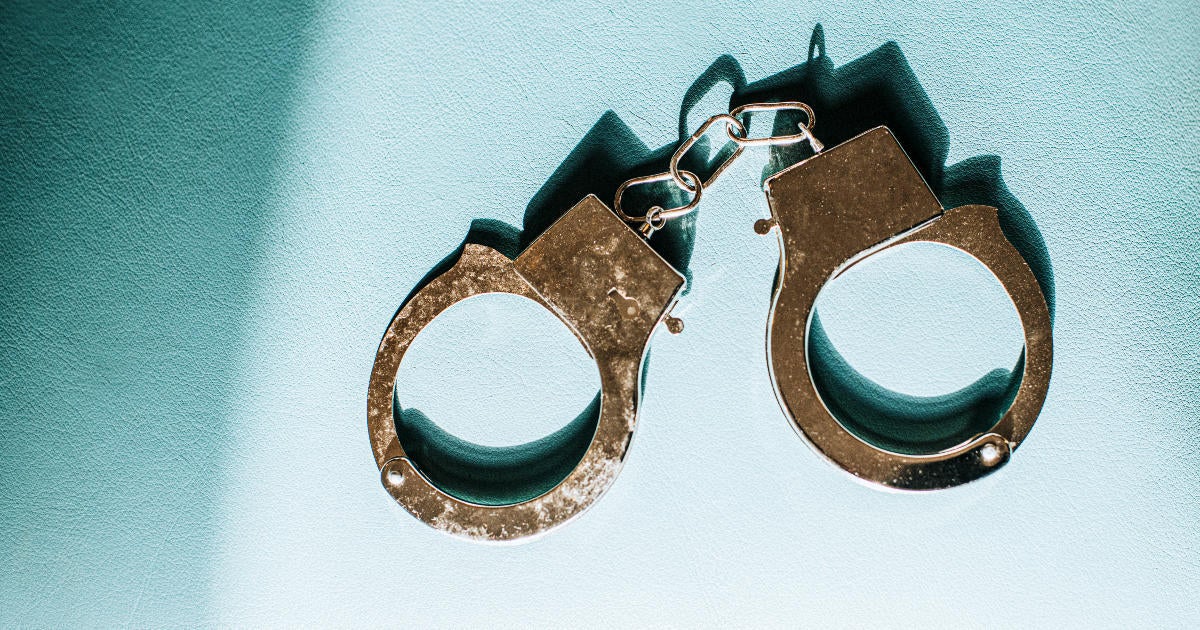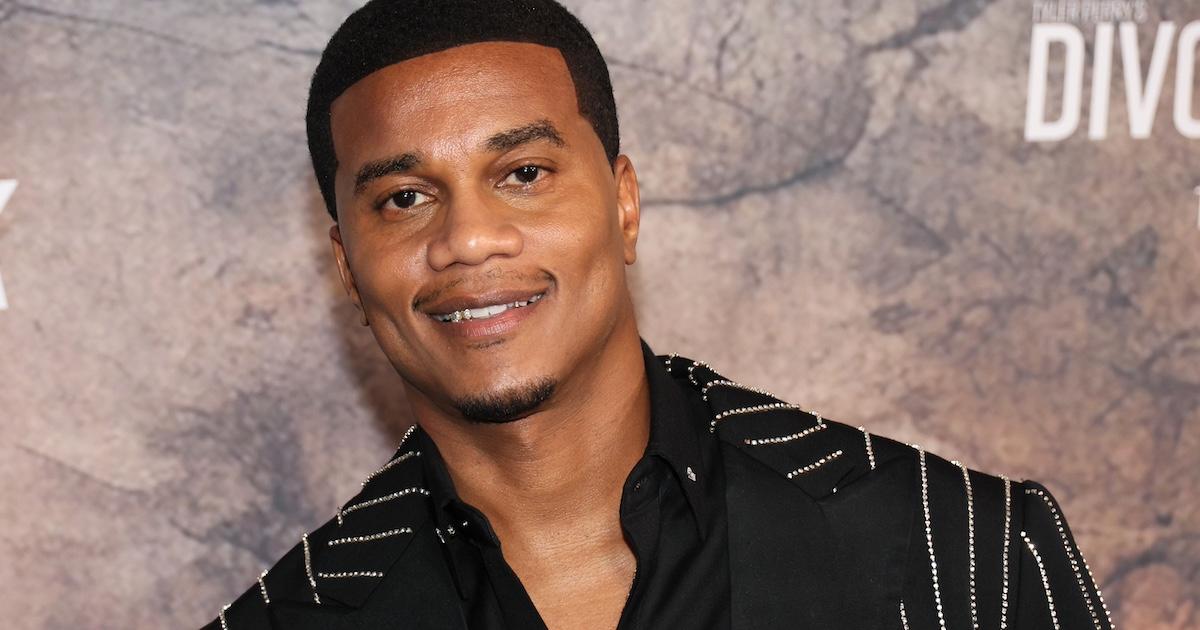'House of the Dragon' Fans Translate What Rhaenyra Told Daemon in Season 2, Episode 4
The opening monologue in High Valyrian was translated quickly by fans, and then confirmed by the linguist who created this language.
Fair warning: there are spoilers for House of the Dragon Season 2, Episode 4 ahead! This weekend, House of the Dragon opened in the midst of another eerie dream-vision for Daemon Targaryen (Matt Smith), as he approached a younger version of Rhaenyra (Milly Alcock) on the Iron Throne. The meanings of the vision are pretty clear even without a translation of the High Valyrian dialogue, but of course, fans translated the speech within hours of the premiere.
"It's been said that Targaryens are closer to gods than men," Rhaenyra says, according to fan translations now verified by the show's linguist, David J. Peterson. "In my eyes, you were a god, Daemon Targaryen. The Prince of the City. The Lord of Flea Bottom. I was an innocent. You exploited me and abandoned me. You sullied my name at court. You empowered my rivals. You tried to make my ruin. You put me on that throne. And you love me and you hate me for it. You created me, Daemon. Yet you are now set on destroying me. All because your brother loved me more than he did you. This is what you always wanted, is it not?"

As we saw, the speech ends with Daemon striking off Rhaenyra's head, which continues talking to him from the floor without acknowledging the attack. It's last words are: "There has been a raven," which bring Daemon back to the waking world. This is a significant end to the dream, however, since it's clear that these visions are being influenced by the weirwood trees and the old gods. As we saw in Game of Thrones, ravens are the spies and messengers of greenseers.
Daemon's guilt was already coming through strongly in Smith's performance, and in the meticulous writing of the show's staff. The prince is trying to cling to a sense of superiority and entitlement that Rhaenyra threatens, but the subtle magic of Harrenhal is working to strip that ego away as well. Daemon's visions were not mentioned in George R.R. Martin's book, but dreams and visions like them are very central in the main series. Many fans lamented the absence of important visions from Game of Thrones, so seeing them depicted here is something of a consolation.
Peterson first developed the High Valyrian language for Game of Thrones, along with the descendant languages for Astapor and Meereen, and the Dothraki language as well. When HBO greenlit House of the Dragon, Peterson was hired to expand the language further. Fans can study the language of Peterson's website, or learn it on the DuoLingo app.
The show often depicts characters from House Targaryen speaking to each other in High Valyrian as a show of status, such as the scene in Episode 4 where Aemond (Ewan Mitchell) speaks to Aegon (Tom Glynn-Carney) in the language, but Aegon is unable to respond. Many fans have interpreted these scenes as a way for the Targaryens to speak privately, however, according to Martin's novels that is not necessarily the case. Martin's writing implies that many high-born people in Westeros learn to read, write and speak in High Valyrian in the same way that the nobility in medieval times learned Latin. Depending on how studious they were, many of the characters around the Targaryens can likely understand what they are saying.
House of the Dragon Season 2 continues on Sundays at 9 p.m. ET on HBO and Max. Martin's books are available now in print, digital and audiobook formats.
